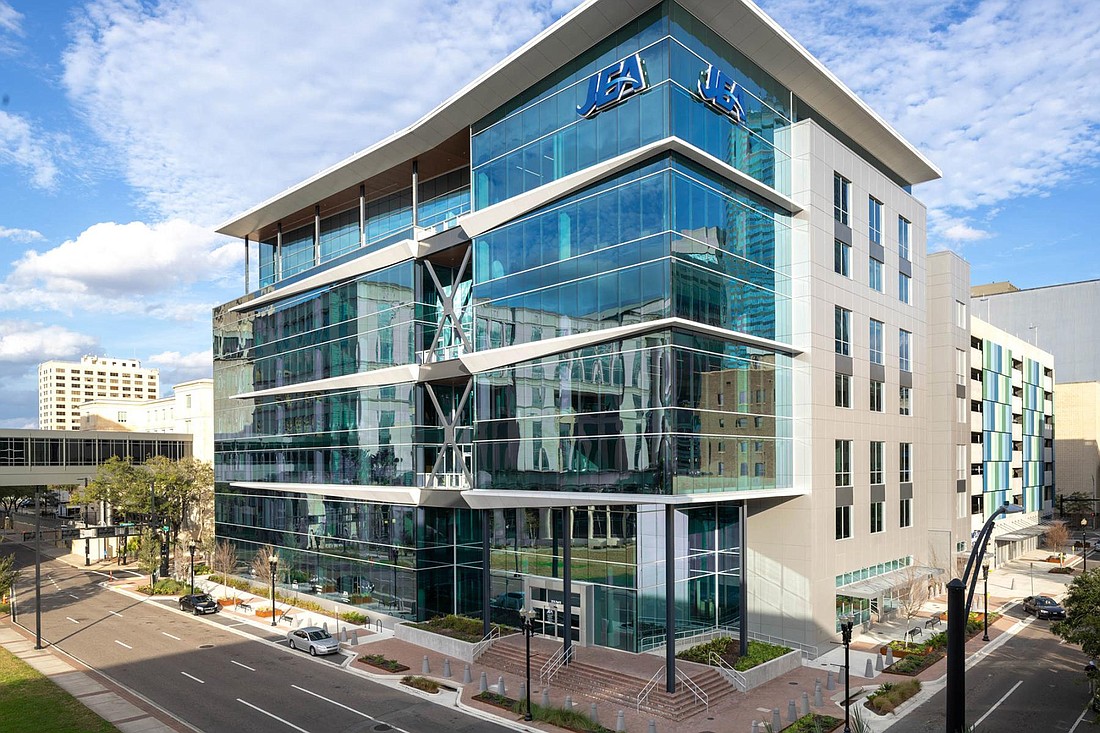
After adopting a rate increase that began April 1, the JEA board approved a fiscal year operating budget June 24 that includes a nearly $250 million increase in revenues and outlays over the current budget while providing a record contribution to the city of Jacksonville.